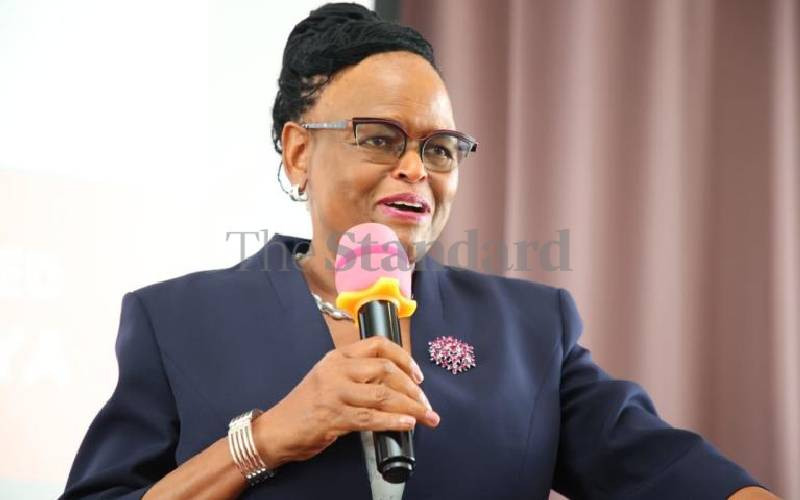×
The Standard e-Paper
Stay Informed, Even Offline

In a decisive move to address rising concerns over corruption within the Judiciary, Chief Justice Martha Koome has reaffirmed her commitment to upholding integrity and rebuilding public trust in Kenya's justice system.
The CJ said Kenya's Judiciary operates under a heavy caseload but has demonstrated resilience, achieving a 99 per cent case clearance rate.